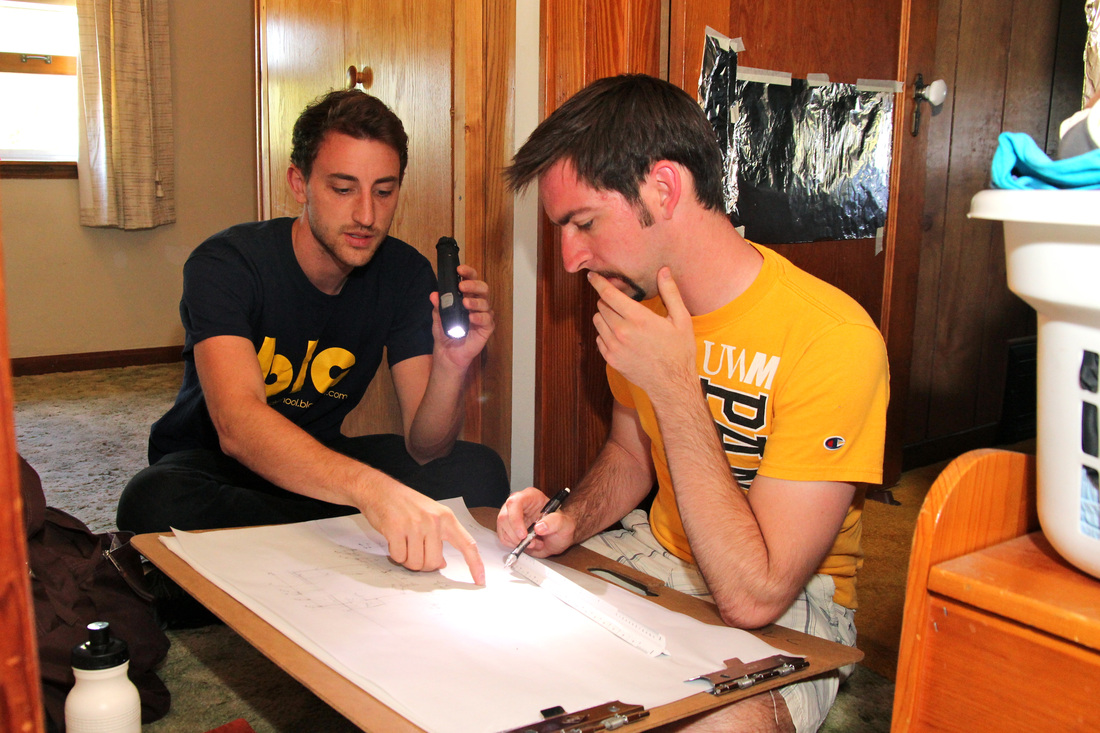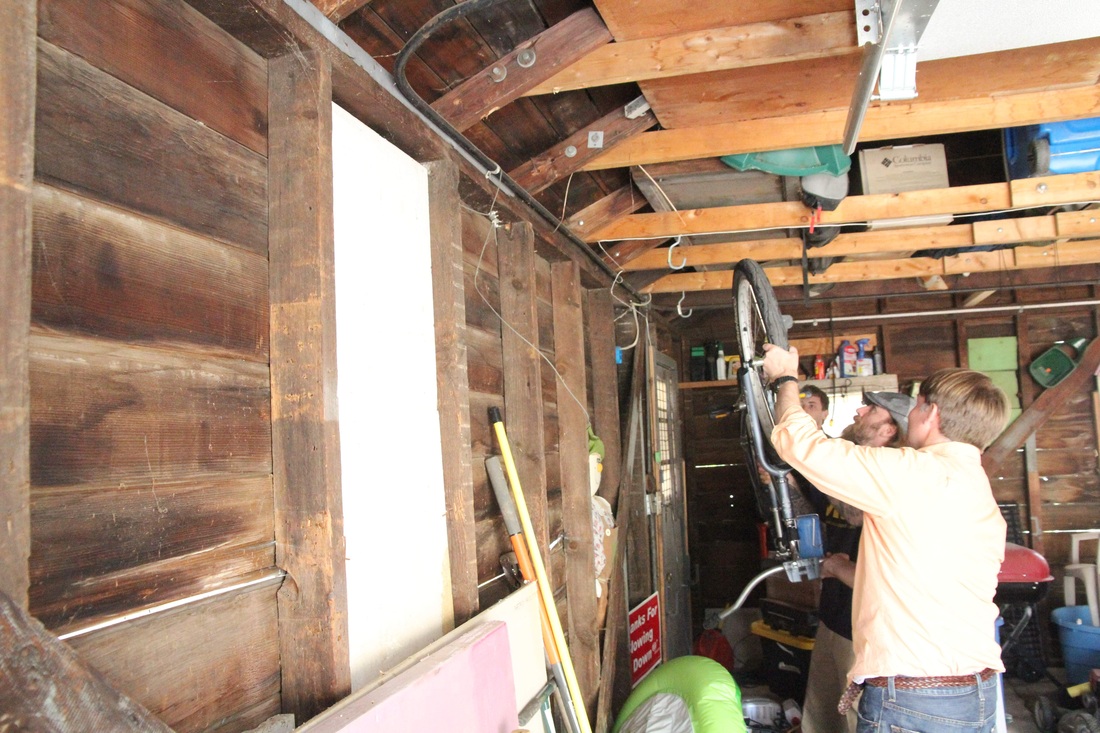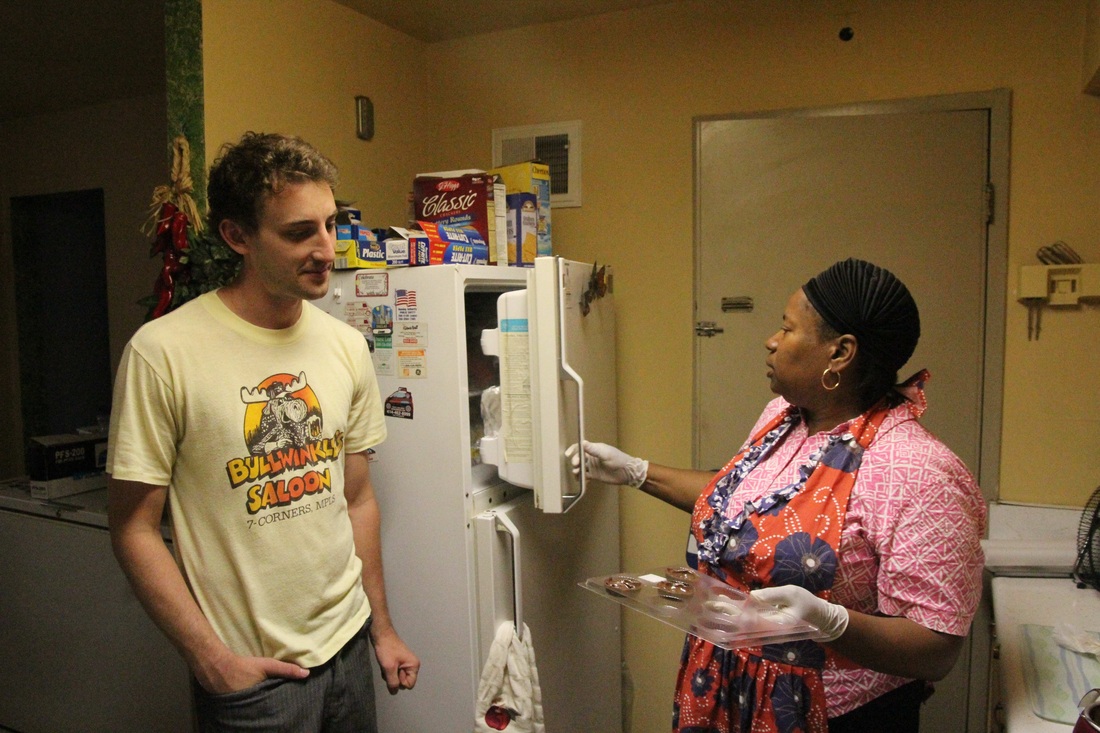Join us this summer! Make a difference!
|
Application Form
Summer 2024 Buildings-Landscapes-Cultures Field School
Urban Studies Program, University of Wisconsin Milwaukee Dates: July 8-August 3, Weekdays 9-4 (required attendance) + Required preparatory workshop via Zoom: Monday July 1, 2024, from 10:00 AM to 2:00 PM. Location: Midtown, Milwaukee (meeting location to be announced) Website: Thefieldschool.weebly.com; MKEejLab.weebly.com Application form: http://thefieldschool.weebly.com/application.html The Buildings-Landscapes-Cultures (BLC) Field School The BLC Field School is a nationally recognized award-winning project that combines immersive learning with civic engagement. The Field School welcomes the participation of members of the community, and it is open to anyone who is interested and can make a full-time commitment (Mon-Fri 9am-4pm) over five weeks. Students may receive academic credit in the form of an Internship UG (URB STD 489, 3-credits) Urban Internship (URB STD 927, 3-credits), or other internship opportunities available to them. If you don't need college credits, then you may join the field school for FREE as a community participant. Scholarships and Funds Students participating in field schools or other training opportunities may apply for stipends of up to $800 to attend such programs. Here is the website: https://vafweb.org/Ridout-Fellowship. What we will do This summer we will collaborate with community residents to write a history of their neighborhood. The 2024 field school continues our previous engagement with Milwaukee’s Midtown neighborhood, an underserved community with a rich history of civic resistance against environmental injustice. In Summer 2024 we will conduct oral history interviews to discover untold memories of this neighborhood and rich family histories of its long-term residents. We will visit local archives to learn about the past. We will organize history harvests, community led walks, and asset mapping sessions. We will learn how to read the city—its geography, material culture, and urban life. During the 5-week period, we will learn: how to interview community residents. how to observe and map physical spaces. how to organize community led walks and history harvests. how to engage the community in asset mapping exercises. how to do research in local archives. and how knowledge of place, environment, and history is remembered and passed down over generations. Detailed Schedule Preparatory virtual workshop: Monday July 1, 2024, from 10:00 AM to 2:00 PM. Week 1; July 8-12: Understanding Place. Week 2; July 15-19: Oral History and ethnographic data collection. Week 3; July 24-28: Archives. Week 4: July 22-July 26: Analysis and dissemination. Week 5: July 29-August 2: Analysis and dissemination. August 3, 2023: Final event. Student tasks: Student will attend the field school in person and participate in data collection, analysis, documentation, and final presentation. They have the option to create their own small research project from this experience. Contact: [email protected] for more information. |
Detailed description of the field school. Chelsea Wait.
| ||||||



